Mina stampede: The government in Riyadh must explain how yet another Hajj could be engulfed in tragedy
The tragedy outside Mecca is sadly just the latest in a series of disasters

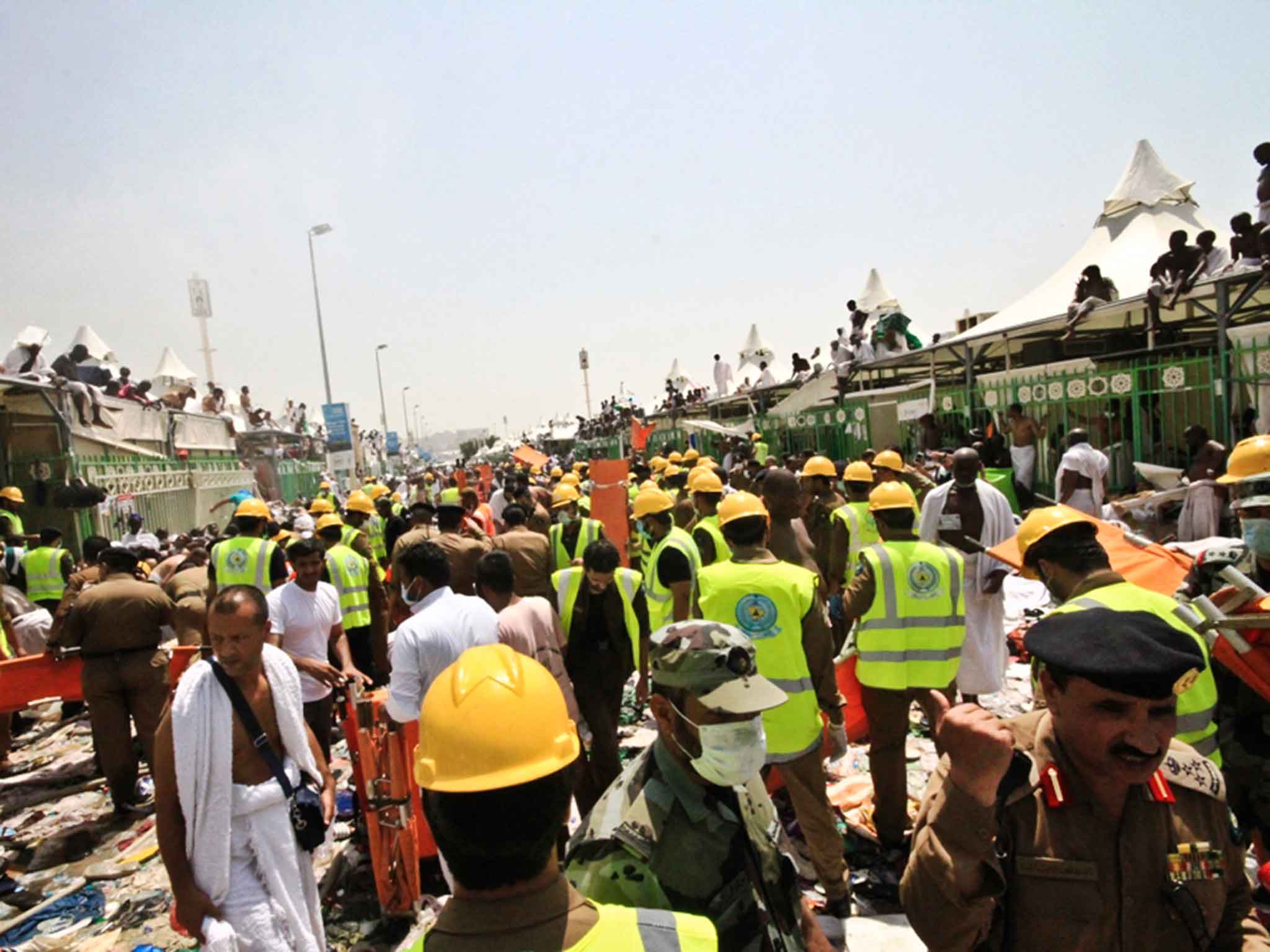
Tourism has its roots in religious pilgrimage, yet mass tourism has transformed the pilgrimage.
When the first wide-bodied jets entered service in the 1970s, airlines from around the world leased planes, pilots and cabin crew to provide special Hajj flights. Sir Freddie Laker was one of the pioneers, assigning DC10 jets to Saudi Arabia to empower Muslims to make their obligatory pilgrimage.
The spread of low-cost aviation in the 21st century means that fulfilling the Hajj to Mecca is now feasible for hundreds of millions of people. Flights from the Indian sub-continent, Africa and elsewhere enable millions of Muslims to satisfy the fifth and final pillar of Islam each year. The US State Department describes it as “The largest mass gathering in the world.”
But the surge in the numbers of the faithful to nearly four million a year has not been matched by the ability of the Saudi authorities to manage safely this most holy of rituals.
The tragedy outside Mecca is sadly the latest in a series of disasters that have claimed more than 5,000 lives in the past three decades. While the Saudi Ministry of Health has energetically campaigned to reduce the risk of diseases such as MERS and meningitis spreading through among the pilgrims, failures in elementary crowd control constitute more of a danger - despite the strict schedules prescribed for Hajj groups moving between the ritual sites.
Many more mundane risks prevail. As the number of British Muslims making the Hajj have increased, the business of providing for them has become a highly organised £100m industry.
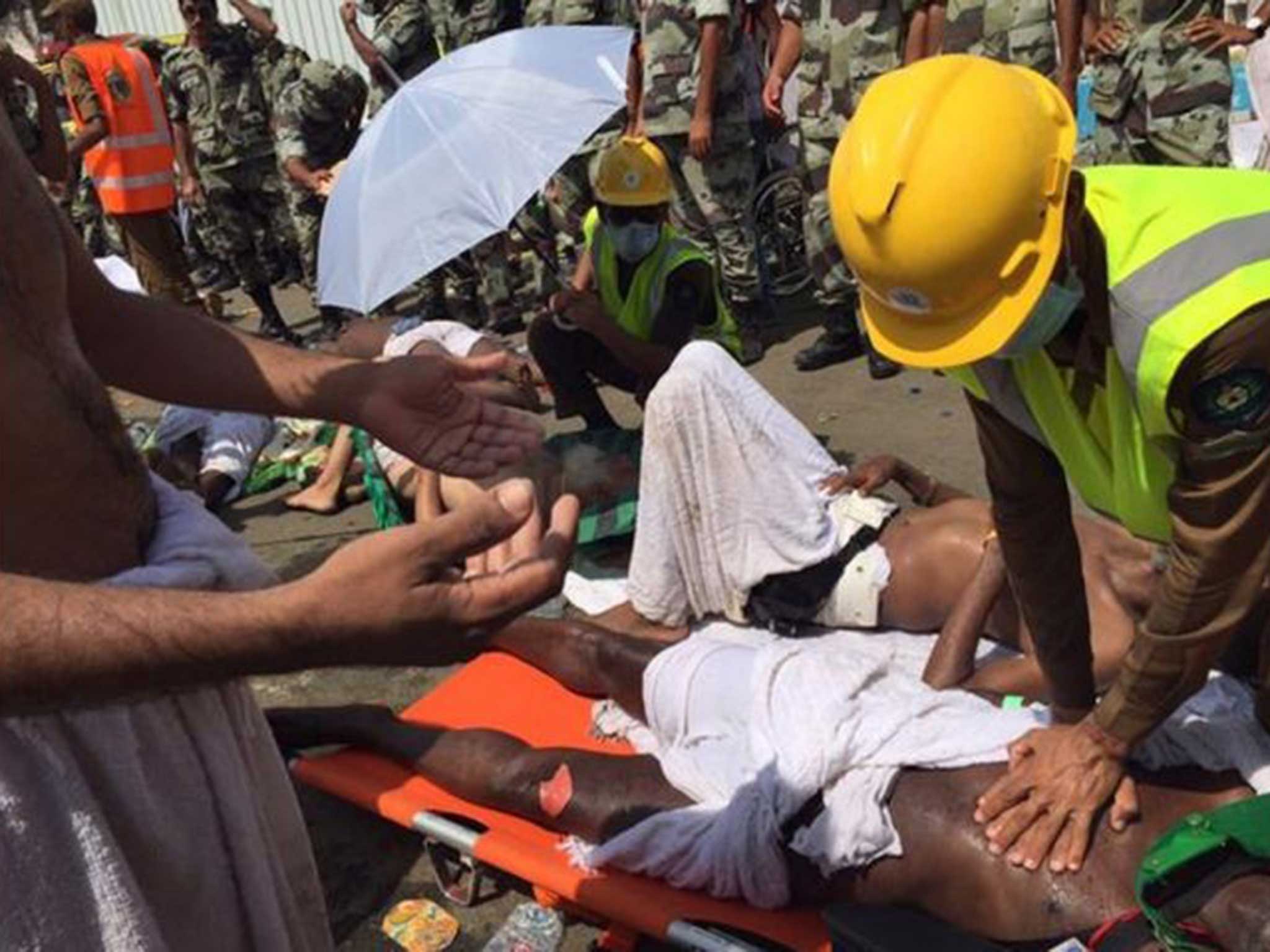
Around 50 UK travel agents are approved to provide packages to a total of 25,000 British pilgrims each year. A typical trip costs £4,000 and lasts two weeks, including flights, ground transport, meals and accommodation in hotel rooms sleeping four or more.
As with secular tourism, the rise in numbers has attracted an undesirable element attracted by the prospect of rich pickings. Hundreds of would-be pilgrims each year lose money to unscrupulous agents in Britain, while in Saudi Arabia some hoteliers have demanded the payment of exorbitant “hidden charges” for the return of passports. The Foreign Office warns of “An increase in the number of reported cases of pickpocketing and other forms of theft in Mecca, particularly in the region of the Grand Mosque.”
As families of the dead grieve for their loved ones, the government in Riyadh must explain how yet another Hajj could be engulfed in tragedy - and what it will do to try to prevent any more lives being lost.
The Association of British Hujjaj (Pilgrims) UK, based in Birmingham, was set up in 1998 after a fire the previous year killed 340 pilgrims. It warns pilgrims: “Performing Hajj is physically demanding and requires patience and thought to safeguard your and others’ safety,” and urges them to “Be extra careful particularly at the stoning of the Satans at Mina”.
That valley, outside Mecca, was where the catastrophe took place - in one of the richest nations on earth.

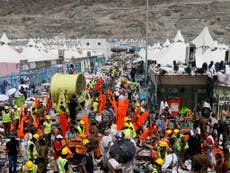
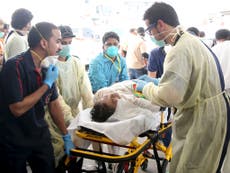
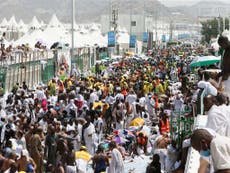
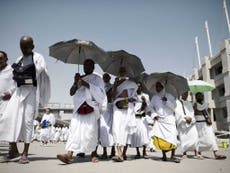
Join our commenting forum
Join thought-provoking conversations, follow other Independent readers and see their replies